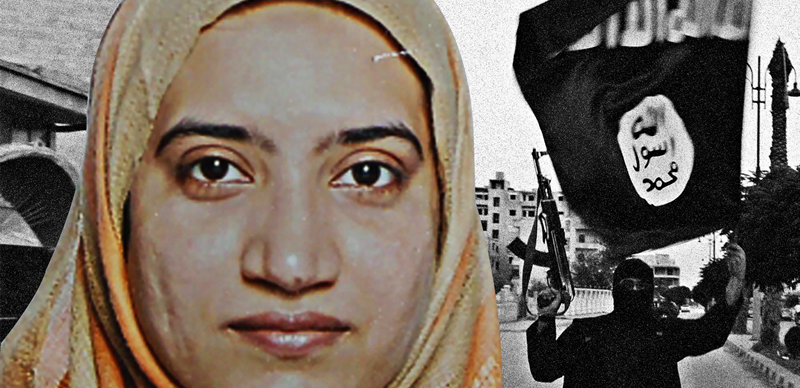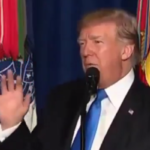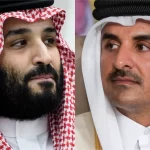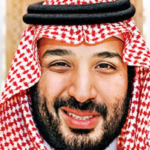Introduction
Pakistan has been for at least four decades a major theatre of operations in the global struggle between Saudi Arabia and Iran for dominance in the Muslim world. The stakes for both regional powers are high given that Pakistan borders on Iran; shares with the Islamic republic the restless region of Baluchistan that potentially allows Saudi Arabia and Iran to stir the pot in each other’s backyard; and is home to the world’s largest Shiite minority viewed by the kingdom as an Iranian fifth wheel. To counter potential Iranian influence, Saudi Arabia has poured billions of dollars into supporting ultra-conservative forces in Pakistan that despite doctrinal theological differences with Wahhabism, the ultra-conservative worldview that underwrites the rule of the Al Saud family, adhere to an equally puritan, literal interpretation of Islam that is inward-looking, intolerant and supremacist in nature.
Saudi funding, a pillar of the kingdom’s more than 40-year long public diplomacy campaign, the world’s largest dedicated effort of its kind, has helped weave ultra-conservatism into significant segments of Pakistani society as well as key branches of government and the state that have fostered an environment capable of sustaining itself, expanding its reach, and spawning institutions that target specific societal groups. It has also enabled institutions that are inspired by Saudi ideology but not necessarily financially or otherwise associated with the kingdom. No social group or class, including Pakistan’s political and military elite, has proven to be immune to the spread of ultra-conservatism as a result of Pakistani government policies and Saudi encouragement.
Al-Huda International Welfare Foundation, a religious school with branches in numerous Pakistani cities as well as in North America, Europe and the Middle East has emerged as the leading institution in persuading large numbers of upper and middle class Pakistani women, many of whom had adopted liberal lifestyles, to change their ways and adhere to an ultra-conservative interpretation of the faith akin to Saudi ideology that Al Huda projects as the only true Islam. In doing so, Al Huda contributes not only to Pakistan society’s drift towards ultra-conservatism, but also to acceptance of a worldview that wittingly or unwittingly serves Saudi geopolitical goals in a key country at the crossroads of the Middle East and South and Central Asia.
James M. Dorsey is an award-winning journalist and a senior fellow at the S. Rajaratnam School of International Studies at Singapore's Nanyang Technological University. He is Co-Director of the University of Wurzburg's Institute of Fan Culture, a visiting scholar at its Institute of Sport Science, and author of the The Turbulent World of Middle East Soccer blog.








